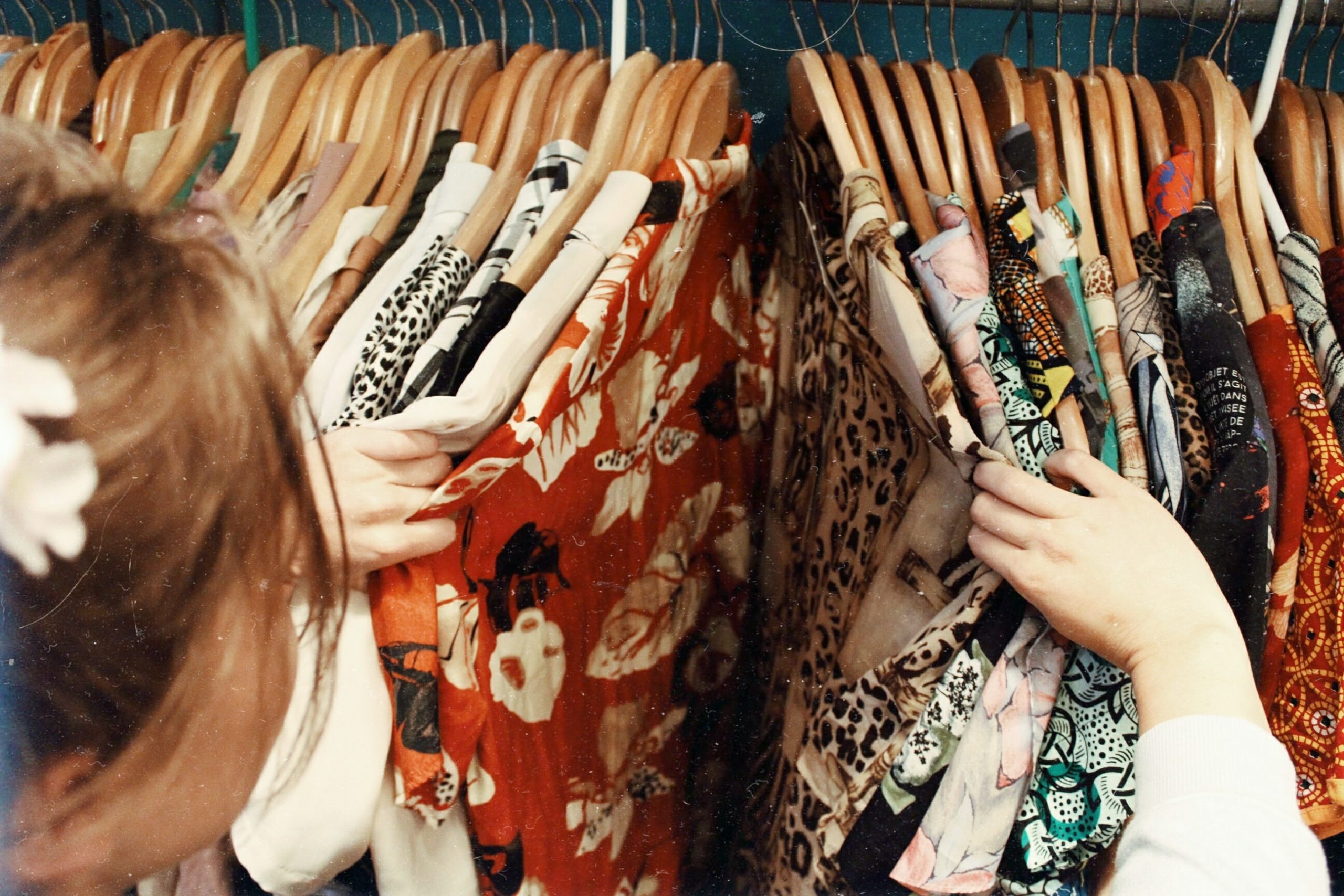
As shops reopen and high street sales surge, Life&Style’s Natasha Farwell assesses what this could mean for fast fashion and sustainability in the industry
The disposability of fast fashion comes with a cost unrelated to money
The appeal of fast fashion from stores such as Primark stems from the consumerist desire for disposable, new clothing without the hefty price tag. The rise of social media influencers wearing trendy pieces compels fast fashion brands to imitate the styles for cheap prices, which buyers may justify as a steal of a purchase. However, the disposability of fast fashion comes with a cost unrelated to money. Retailers have extreme systems resulting in abuse of labour workers, copious amounts of waste in landfills and overall a very unethical, vicious cycle that is exacerbating our environment.
Why do people love fast fashion?
In the U.S. 88% of consumers said they prefer fast fashion, but why is this the case? Predominately, fast fashion is very affordable and accessible. The high increase of supply and demand results in a need for clothes to arrive quickly without the need to travel to the nearest charity shop or take a long browse on Depop. Furthermore, the online aspect of fast fashion revolutionised the idea that every type of style and item from a brand is accessible with a click. This simple element of fast fashion drives consumers who are too busy to shop, yet want new and trendy items.
Lockdown has resulted in a rise of users and purchases on Depop
The rise of Depop
Lockdown has resulted in a rise of users and purchases on Depop. As the public stayed at home through lockdown, the need for exciting new clothes for events was limited. Moreover, consumers had more time to wait for valuable items as nightlife culture decreased substantially. This switch was highly beneficial not only environmentally, but also socially. Truthfully, one can find many cheap vintage steals on Depop for the same price as fast fashion brands. Depop ensures quality clothing that will not rip after one night out, and with the rise of vintage styles, as a community we must appreciate Depop’s system by replacing the normality of fast fashion with resell apps such as Depop, Vinted and eBay.
The problems with fast fashion
The key issue with fast fashion is the greenwashing that organisations use to steer attention away from their extremely unethical activity. Brands are making misleading claims by insisting that they exercise green production by narrowing a set of attributes and hiding the rest of their unclean practices. This greenwashing produces more profit for the company as many consumers assume they are purchasing eco-friendly items that markets fast fashion as sustainable. Instead, these brands fail to take accountability for the immense amount of landfill they produce whilst brainwashing the public. This greenwashing further conceals the brutal reality that mass production of cheap clothing is too good to be true. These clothes come from factories in less developed countries that abuse their predominately female labour workers – the 2013 Dhaka garment factory collapse is enough proof of the disgusting conditions that the workers live in. To endorse fast fashion diminishes any feminist movement that strives for better conditions for women, yet this reality will always be masked by fast fashion companies.
The accessibility of fast fashion has overpowered sustainable brands
Are we returning to fast fashion?
Although we cannot predict the future for fast fashion, it is evident that sales within high street stores have surged since the reopening of shops. Unfortunately, the accessibility of fast fashion has overpowered sustainable brands, and many consumers would rather make a day trip to a shopping mall than search on Depop.
What we can do about this though, is ensure the promotion of small businesses and Depop is recognised by educating the public on the determinacy of fast fashion. There needs to be more news coverage on the realities of fast fashion by foregrounding its effects on global warming. Many consumers may perceive the issue as a governmental concern instead of an individualistic one. Many may argue that one small change from fast fashion to sustainable fashion will not mitigate the global issue of fast fashion. However, I would argue that this change will encourage friends, families and even strangers to make the same step in the right direction.
Read more on sustainable fashion from Life&Style:
Comments